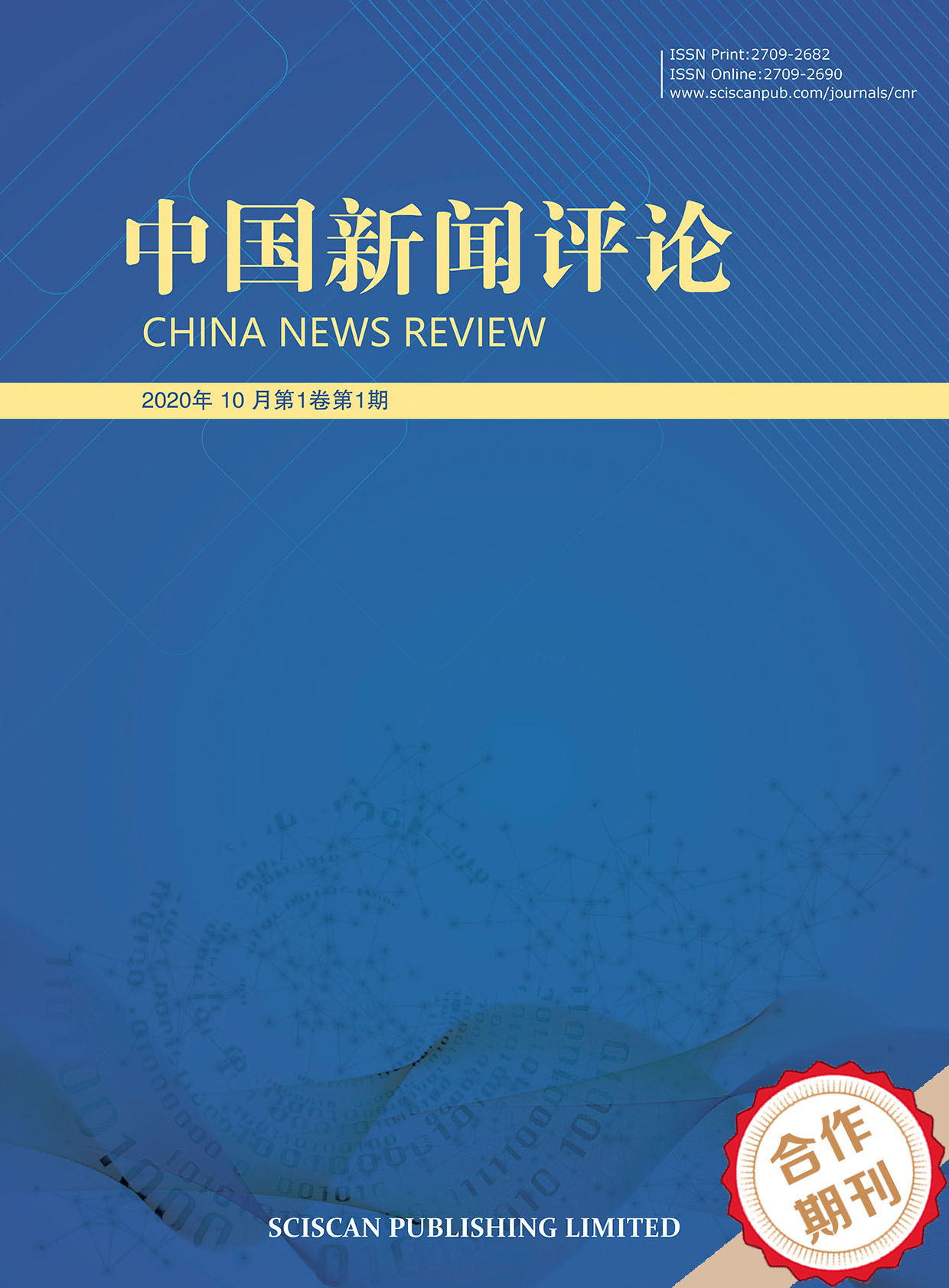China News Review
ISSN Print: 2709-2682
ISSN Online: 2709-2690
Contact Editorial Office
Subscribe to the latest published information from SCISCAN
“专家建议”何以引发公众的抗拒心理——基于对830条微博帖子的词频统计与LDA 主题分析
Why “Expert Advice” Triggers Public Resistance —Based on Word Frequency Statistics and Topic Analysis of LDA of 830 Sina Weibo Posts
- Authors: 徐尚 张雯
-
Information:
中南财经政法大学,武汉
-
Keywords:
Expert advice; Resistance; ROST CM6; LDA专家建议; 抗拒心理; ROST CM6; LDA
- Abstract: The purpose of this paper is to analyze the reasons why “expert advice” triggers publicresistance, so as to better alleviate the relationship between social subjects and promote the healthydevelopment of modern democratic society. We used Python to capture the posts of six related topics inSina Weibo, and firstly, we used ROST CM6 to analyze the word frequency of 830 posts, and then twocoders summarized the word frequency results in order to find out the four social issues involved in theexpert’s suggestion. Subsequently, the text content of the 830 posts was clustered using topic analysis ofLDA to produce five thematic results. The word frequency analysis and manual summarization resultsshowed that most of the suggestions from experts were related to the four topics of work and wages,childbirth, home purchase and marriage, and the LDA thematic clustering yielded a total of five themes,which showed that the detachment from reality, ineffectiveness, and one-sidedness of the experts’suggestions, as well as the profit-seeking nature of the media reports and the opacity of the informationsources, were the main reasons for the public’s resistance. 本文旨在分析“专家建议”引发公众抗拒情绪的原因,从而更好地缓解各社会主体间的关系,进而推动现代民主社会的健康发展。使用Python抓取新浪微博中6个相关话题词条内的网友发帖,先运用ROSTCM6对830条帖子进行词频分析,随后两名编码员对词频结果进行归纳以得出专家建议所涉及的4个社会议题。随后,利用LDA主题分析对830个帖子的文本内容进行聚类,得出5个主题结果。词频分析与人工归纳结果显示,来自专家的建议多涉及工作与工资、生育、房屋购置与婚恋4个议题。LDA主题聚类共得出5个主题,结果显示专家建议的脱离实际、无效性、立场片面性与媒体报道的逐利性、信源的不透明性是造成公众抗拒情绪的主要原因。
- DOI: https://doi.org/10.35534/cnr.0404012
- Cite: 徐尚,张雯.“专家建议”何以引发公众的抗拒心理——基于对830条微博帖子的词频统计与LDA主题分析[J].中国新闻评论,2023,4(4):121-128.
















